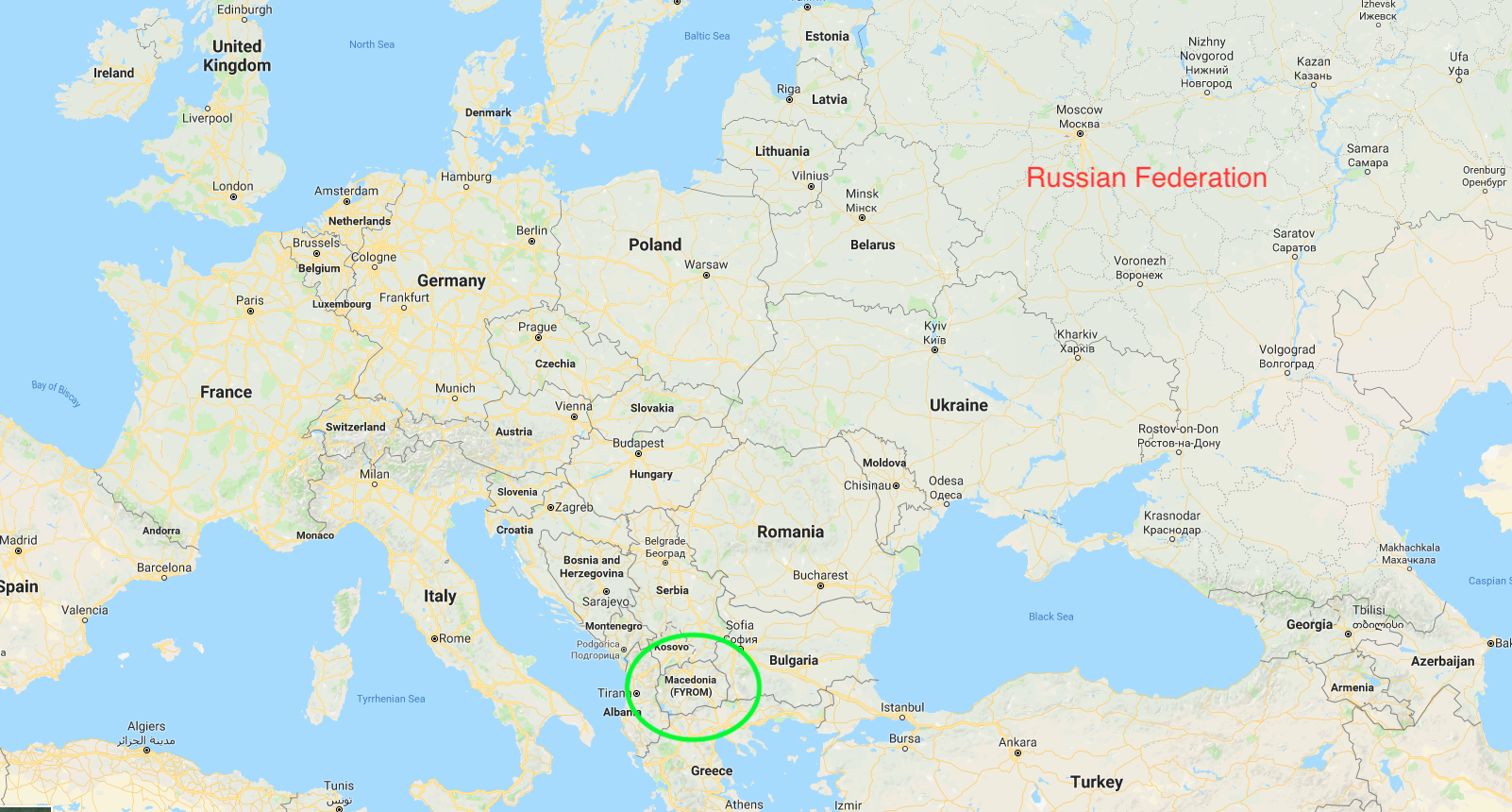If, in a referendum on Sept. 30, Macedonian voters approve changing their nation’s name to the Republic of North Macedonia, NATO should welcome their government into the alliance.
That referendum is a prerequisite for final-stage NATO and European Union membership negotiations with Macedonia, which was for decades last century part of Yugoslavia.
How can a name be a matter of dispute? This one goes back a couple of thousand years: Greece, a NATO and EU member, believes the national title, “Macedonia,” is an infringement on the Macedonian cultural identity of many Greek citizens and an affront to ancient Greek history. But a deal struck by Greece and Macedonia this summer enables the name-change-plus-EU-plus-NATO solution if the referendum passes.
Yet assuming voters do approve the name change, some believe Macedonia should still not be welcomed into NATO. These voices argue accession would poke Vladimir Putin’s Russia in the eye and risk new tensions with the West. Putin firmly opposes Macedonian NATO membership in fear that it will dilute his regional influence. For that reason, Russia is actively funding efforts to get voters to oppose the referendum.
Putin doesn’t deserve our deference.
First off, as part of the former Yugoslavia, Macedonia was never under the explicit orbit of the Soviet Union. That negates Russian claims over its traditional geopolitical orbit. Geography evidences as much. As the map below illustrates, Macedonia and Russia aren’t exactly neighbors. Indeed, to travel by land thru the least number of nations from Macedonia to Russia would require a trip through either Bulgaria or Serbia, and Romania and Ukraine. Or, heading east instead of north, thru Bulgaria, Turkey, and Georgia.

More importantly, Macedonia’s better future and the liberal international order would be served by NATO accession. Under the umbrella of alliance security, Macedonians would be freer to develop their institutions towards greater democratic accountability and economic growth. They would be freer, because NATO membership would deter and if necessary defeat Russian aggression of the kind that we have seen in Ukraine.
Ultimately, what happens next should be up to the Macedonian people. If they vote to change their nation’s name their government should be given speedy accession to NATO – with the explicit expectation that it will spend at least 2 percent of annual GDP on defense. If not, that’s also fine. But this shouldn’t be up to Russia.
